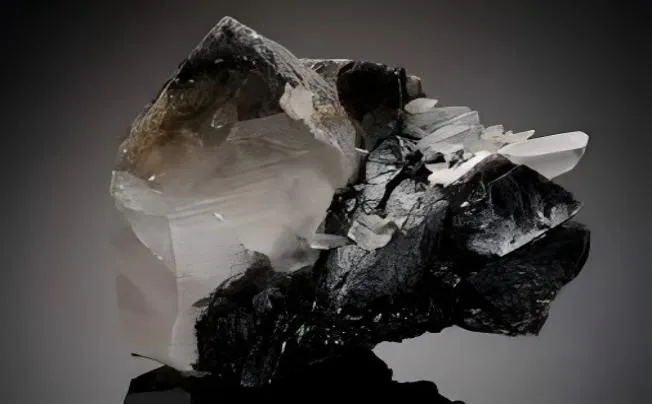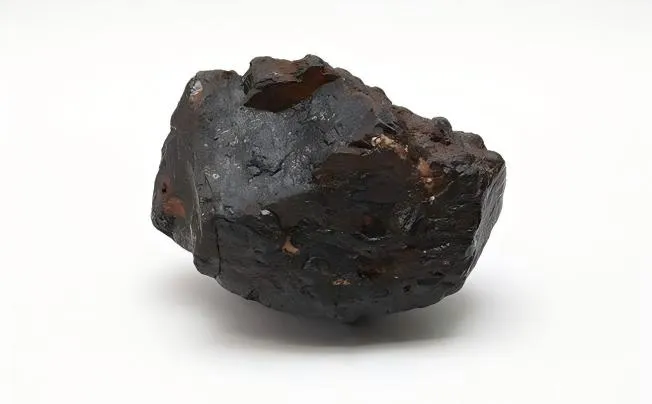Unveiling the Essence of Coke
Coke, in its simplest definition, is a solid carbonaceous residue derived from the distillation of coal or other carbonaceous materials. Its composition primarily consists of carbon, with varying amounts of ash and sulfur depending on the raw materials and the manufacturing process.
The carbon content in coke is typically above 90%, making it a highly pure form of carbon. This purity gives coke its characteristic properties, including high carbonization, low reactivity, and excellent thermal conductivity.
Overview of Petroleum Refining Process
The petroleum refining process is a complex series of operations aimed at converting crude oil into various useful products. It begins with the separation of crude oil into different components through fractional distillation.
This process takes advantage of the varying boiling points of different hydrocarbons present in crude oil. The lighter fractions, such as gasoline and liquefied petroleum gas (LPG), are separated at lower temperatures, while heavier fractions like diesel and fuel oil are obtained at higher temperatures.
Following fractional distillation, the separated fractions undergo additional refining processes to enhance their quality and suitability for specific applications. These processes include cracking, where large hydrocarbon molecules are broken down into smaller, more valuable ones; reforming, which rearranges hydrocarbon molecules to produce high-octane fuels; and treatment processes to remove impurities like sulfur and nitrogen compounds.
Common Byproducts of Petroleum
Petroleum refining yields a wide range of byproducts, apart from the main products like gasoline and diesel. Some common byproducts include:
- Jet fuel: Used in aviation, jet fuel is a vital byproduct of petroleum refining.
- Lubricating oils: These oils are essential for reducing friction and wear in machinery and engines.
- Asphalt: Used extensively in road construction and roofing materials.
- Petrochemical feedstocks: Raw materials for producing plastics, synthetic rubber, and various chemicals crucial in manufacturing industries.
- Solvents: Used in cleaning agents, paints, and adhesives. Each of these byproducts undergoes specific refining processes to meet quality standards and market demands, contributing significantly to various industries and economic sectors globally.
Comparison of Petroleum Byproducts to Coke
When comparing petroleum byproducts to coke, there are significant differences in their chemical composition, properties, and uses. Petroleum byproducts are primarily hydrocarbon-based substances derived from crude oil refining, while coke is a carbonaceous material obtained from the destructive distillation of coal or petroleum residues. Petroleum byproducts like gasoline, diesel, and jet fuel are liquid fuels used in transportation and energy generation, whereas coke is a solid carbon material primarily used in metallurgical processes and industrial applications like steel production.
Additionally, the environmental impacts of petroleum byproducts and coke differ, with petroleum byproducts often associated with air pollution and carbon emissions, while coke production poses challenges related to resource depletion and waste management.
Coke's Origins
The misconception that Coke is a byproduct of petroleum can be traced back to the early days of industrialization, when the refining processes of both substances were not well understood. During this time, petroleum refining was still in its infancy, and there was a lack of clarity regarding the various byproducts produced during the refining process.
Additionally, coke, being a carbonaceous material, was often associated with other carbon-rich substances such as coal and charcoal. This led to the erroneous assumption that coke, like coal, might also have a connection to petroleum.
However, scientific analysis and understanding have since debunked this misconception. Coke is primarily derived from coal through a process called carbonization, where coal is heated in the absence of air to drive off volatile components, leaving behind a residue rich in carbon. This carbon-rich residue is then further processed to produce various forms of coke, such as metallurgical coke used in steel production or petroleum coke used in industrial processes.
Unlike coke, which is derived from coal, petroleum refining primarily yields liquid fuels such as gasoline, diesel, and jet fuel, along with a range of other byproducts such as asphalt, lubricants, and petrochemical feedstocks. The processes involved in petroleum refining are distinct from those involved in coke production, further reinforcing the separation between the two substances.
Historical Context of the Misconception
The historical context surrounding the misconception linking coke to petroleum is rooted in the overlapping timelines of the Industrial Revolution and the emergence of petroleum as a significant energy source. As industries expanded and diversified, there was a natural tendency to seek connections and correlations between different materials and processes. The misconception regarding Coke's origins can also be attributed to misinformation and a lack of comprehensive scientific understanding during earlier periods of industrial development.
Over time, as scientific knowledge advanced and refining techniques improved, the true origins of coke became clearer, dispelling the erroneous notion of its association with petroleum.
Common Uses of Coke
Industrial Applications of Coke
Coke, derived from the carbonization of coal, finds extensive use in various industrial processes owing to its high carbon content and low impurities. One of its primary applications is in the production of iron and steel through the blast furnace process. In this process, coke acts as both a fuel and a reducing agent, facilitating the extraction of iron from its ores by reacting with oxygen and other impurities.
Additionally, coke's high heat stability and consistent combustion make it a preferred choice in industries requiring high-temperature operations, such as glass manufacturing and cement production. Moreover, coke's porous structure allows for efficient absorption of sulfur and other impurities in gas purification processes, making it indispensable in the production of chemicals and fuels.
Role of Coke in Metallurgy
In the realm of metallurgy, coke plays a pivotal role in transforming raw materials into various metallic products. In the steelmaking process, coke serves as a key component in the production of pig iron, which is then further refined to obtain steel. Its ability to provide the necessary heat and chemical reactions within the blast furnace ensures the successful extraction of iron from iron ore.
Furthermore, coke's uniform composition and high carbon content contribute to the stability and consistency of metallurgical processes, allowing for precise control over temperature and chemical reactions. Beyond steel production, coke is also utilized in the smelting of non-ferrous metals such as copper, lead, and zinc, where it aids in the removal of impurities and facilitates the formation of desired metallic compounds.
Alternative Uses of Coke
Beyond its traditional applications in heavy industries, coke has found innovative uses in diverse sectors, showcasing its versatility and adaptability. In the realm of environmental sustainability, coke is increasingly being explored as a potential carbon source for renewable energy generation through processes like carbon capture and storage (CCS) and synthetic fuel production.
Additionally, advancements in materials science have led to the development of carbon-based materials derived from coke, including activated carbon for water purification, carbon fibers for aerospace and automotive applications, and carbon nanotubes for electronics and medical devices. Furthermore, coke's chemical properties make it an essential component in various consumer products, such as batteries, fertilizers, and even cosmetics, highlighting its multifaceted role in modern society's technological advancements and everyday conveniences.







